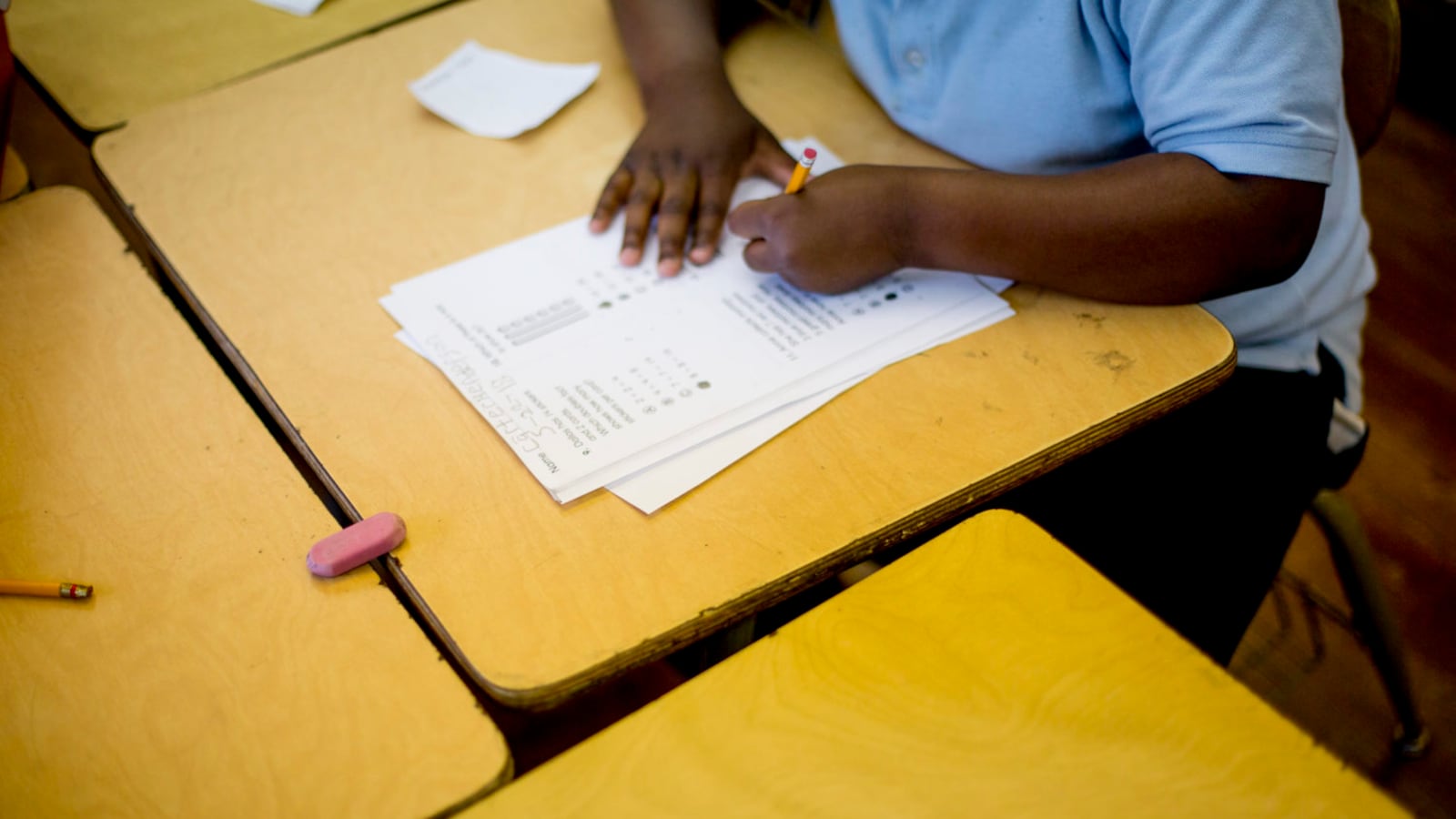They all offered different reasons for why they believe the state of Michigan is violating the civil rights of Detroit children by failing to provide quality schools:
- Economic experts said the first step toward economic and social inequality is denying children the right to literacy.
- A national education advocacy organization says that despite some arguments to the contrary, all children can learn to read when taught carefully and using proven methods.
- A team of education law, policy, and civil rights professors from Michigan’s top universities concluded that only the state of Michigan could be held liable for violating Detroit students’ right to literacy.
These are just some of the arguments contained in 15 briefs (filed by scores of experts, advocates and the Detroit school district) filed in a federal appeals court in support of the historic right-to-literacy lawsuit, which alleges the state has violated the civil rights of Detroit students.
On Wednesday, Chalkbeat Detroit wrote about the briefs. Today, we’re giving you a chance to read the briefs word-for-word. State officials are expected to respond later this year. Oral arguments in the case — which is before the 6th Circuit Court of Appeals — could be scheduled early next year. Read the initial complaint here. Then read the state’s response, in its request to dismiss the case.
Here are five of the briefs that were filed Monday. You can read them all here.
The first two briefs were filed by 482Forward, a community group, and the city of Detroit. Both were early backers of the lawsuit, having filed briefs when it was before the U.S. District Judge Stephen Murphy III. Both refiled to support the appeal.
Eight professors from several Michigan universities filed this brief in which they argue that the state had substantial control over Detroit schools and should be held liable for the poor conditions.
The Detroit school district is intervening for the first time, arguing in part that the state’s lengthy control was devastating to the district.
Seven economics experts from across the nation submitted this brief in which they argue that a lack of literacy has economic implications.

